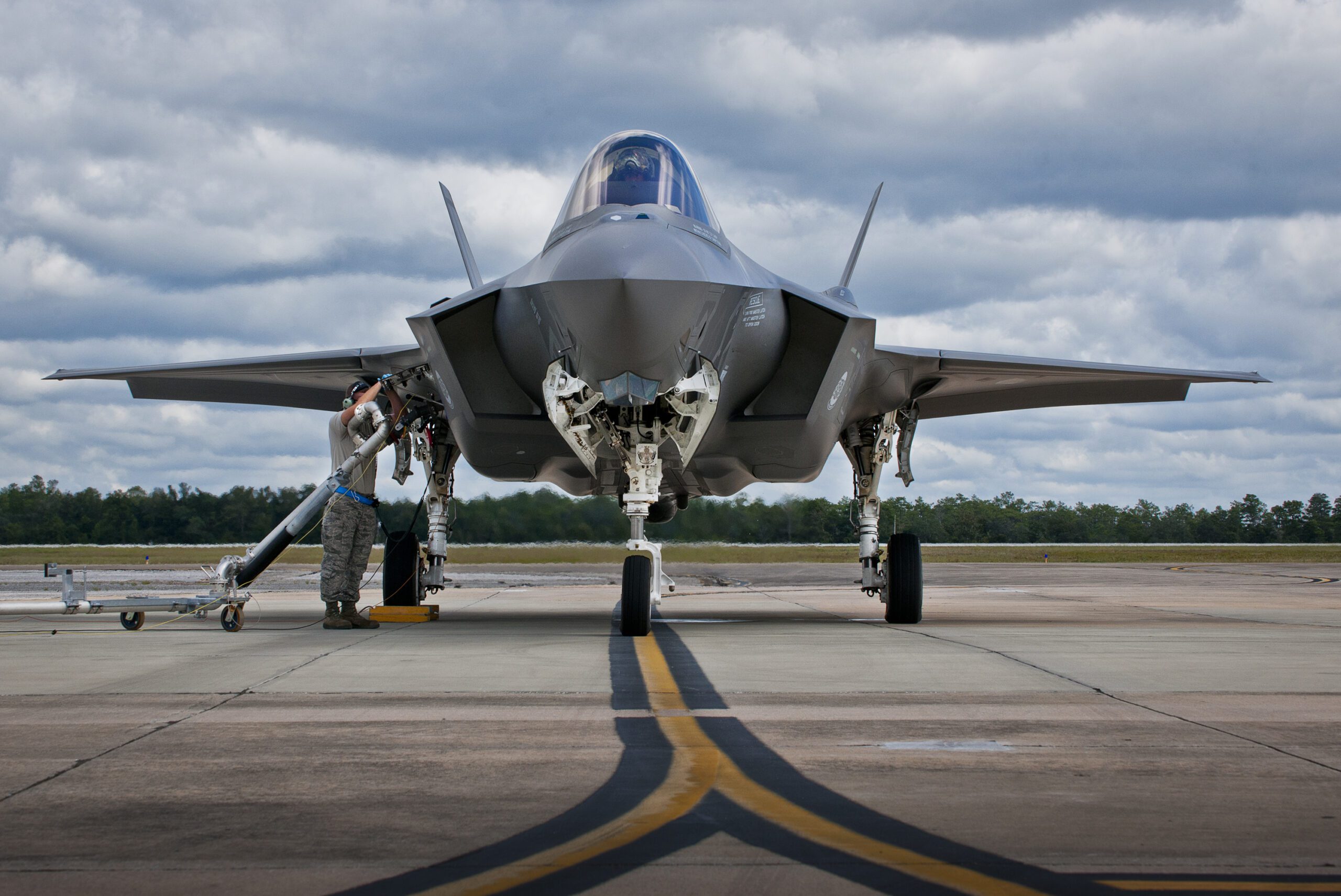Why This Matters: Guns & Butter

Defense Spending
By Allyn Summa, Executive Director
Remember Goldilocks? Defense spending bears some similarities to the popular children’s story. Underspending is risky: A strong national defense is necessary to protect the United States and its interests. But spending too much could have adverse consequences. So how much is just right?
The United States spends a lot on its defense. In 2021, it accounted for over a third of total global military spending. Let that statistic sink in. And as tensions with Russia and China mount, both sides of the aisle largely agree that Washington needs to spend even more. The White House recently announced its intention to boost America’s $782 billion defense budget by four percent in 2023, bringing the total to $813 billion.
What does this mean for you and me? As my colleague, IGA research fellow Zuri Linetsky, recently explained in Responsible Statecraft, higher defense spending could hurt the economy without the security benefits that might make sacrificing butter for guns worthwhile. Here’s some of what he had to say:
- More spending doesn’t deter Russia or help compete with China. In Ukraine, Russia’s military—beset by corruption and flawed strategic thinking—has proven itself ineffective largely on its own accord. While in Asia, more spending could inflame tensions with China but do little to help Washington develop the right weapons and technology needed to counter Beijing in the near term.
- Defense spending isn’t an efficient job creator. For every $1 billion spent, the education, clean energy, and health care industries create thousands more jobs than the military.
But defense spending could undermine the economy. Defense spending, Zuri notes, “diminishes economic growth and undermines the American economy by adding to the deficit, which then contributes to rising interest rates.”
If more is not necessarily better, then how should America rethink defense spending? Rethinking could mean empowering allies to do more of the heavy lifting. Or, as we explored in our 2021 video, “Will Biden Kick the Country’s Defense Spending Habit?” it could mean looking beyond the military to consider domestic sources of national strength.
Many Americans are also rethinking defense spending. IGA’s most recent survey of Americans’ foreign policy views found that twice as many want to decrease than increase defense spending—many of whom want to see resources directed to domestic priorities.

From time to time, I will tackle and unpack topics of the day, to break down complex issues as we continue grappling with the question: Why does this matter?
Please drop me a note. How much defense spending do you think is enough?

Written by Allyn Summa
Allyn Summa is the executive director of the Institute for Global Affairs. Drop Allyn a note and let her know what global issues you think about.





Western Europeans Are Hedging on a Post-US NATO